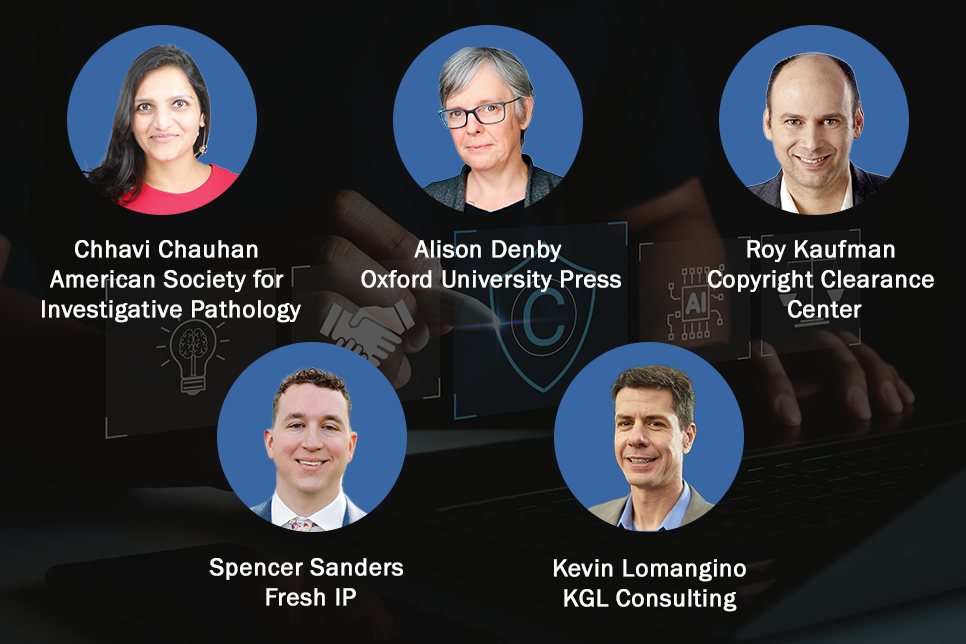by KnowledgeWorks Global Ltd.
Across academic publishing there is a growing consensus that paper mills—illegal, profit-driven organizations that produce and sell fraudulent manuscripts—have become the most serious threat to research integrity and the credibility of the industry.
As journal publishers strive to publish greater quantities of research, this predatory practice has been steadily flourishing, with clear evidence pointing towards widespread manipulation, bribery and corruption on an almost industrial global scale. A study by Nature revealed that in 2023 alone, 10,000 research articles were labelled as “sham papers” and retracted, while a separate Nature study estimates that over 400,000 research articles published over the last two decades could potentially be “fake manuscripts churned out by paper mills”.
In the Ethics Clinic: Paper Mills and Predatory Publishers panel discussion at the Council of Science Editors (CSE) 2024 Annual Meeting—moderated by our very own Alexandra Kahler, Director of KGL Editorial—the topic of paper mills was tackled head on. Patrick Franzen from SPIE (a COPE council member) and Renee Hoch from PLOS were among the speakers who shared their fascinating front-line insights on the topic. They provided real world case studies showing how fraudulent research was identified and removed from the system and talked through the steps they’re actively taking to root out unethical behavior. Here are just a few of the many highlights and lessons we learned from the session:
1. Detection requires an agile approach
Paper mills are notorious for their ability to shapeshift and evolve their approach as publishers become more sophisticated at detection over time. Going toe-to-toe with paper mills requires publishers to be equally nimble in their methods. Hoch highlighted the importance of “being agile in responding to changing tactics” and a need to implement “scalable detection methods and investigation workflows, and policies that support editorial action.”
2. There is no one-size-fits-all solution for detection
Different publishers will each deploy different tactics for detecting and dealing with bogus paper mill content and there is no proof that one strategy is more effective than another. According to Hoch, PLOS’s multifaceted approach incorporates both manual and AI-based editorial checks, system wide checks using data analytics, cross-journal and cross-publisher information sharing and policies to support editorial response.
3. Give editors decision-making powers
Hoch’s presentation showed the importance of giving journal and series editors ultimate power and control over how large-scale cases are handled and this was a point that was echoed passionately by Franzen. Whether it’s asking guest editors for an explanation on suspected fraudulent activity, giving authors the opportunity to re-submit a paper or offering them the right to appeal, he reinforced the point that editors should play a pivotal role when it comes to the managing rejections and retractions.
4. The community is stronger together
Confronting the sizeable challenge posed by paper mills requires a great deal of joined up thinking and a community-based approach. Both speakers emphasized the need for publishers to break out of their silos and encouraged information sharing across the industry to help tackle the dubious practices of paper mills. Hoch referred to cross-publisher information sharing as “invaluable”, while Franzen stated that communicating fraudulent activity externally shows a duty of care and is “our responsibility to the scholarly publishing community.”
5. Put the work in on prevention
Having robust preventative systems in place to detect anomalies and potentially fraudulent material early inevitably means that less work and resource needs to be allocated to detect and retract manuscripts that have already been published. At PLOS, Hoch underscored the importance of pre-publication image integrity checks, as well as requests for ethics documentation and primary data. Meanwhile, having retracted 80 papers for compromised peer review at one journal, Franzen explained how SPIE reworked many of its processes for handling special sections, made technical updates to its submission system and established a clear ethics manager position within its journals.
The ongoing battle against paper mills will likely dominate the academic landscape for years to come. The highly unethical practices employed by rogue companies will inevitably evolve, become more complex and widespread. However, if publishers deploy the right strategies, work together and combine manual processes with technological advances, they can help to preserve the scholarly community’s integrity and credibility for the future.
KnowledgeWorks Global Ltd. (KGL) is the industry leader in editorial, production, online hosting, and transformative services for every stage of the content lifecycle. We are your source for research integrity checks, peer review services, market analysis, intelligent automation, digital delivery, and more. Email us at info@kwglobal.com.





